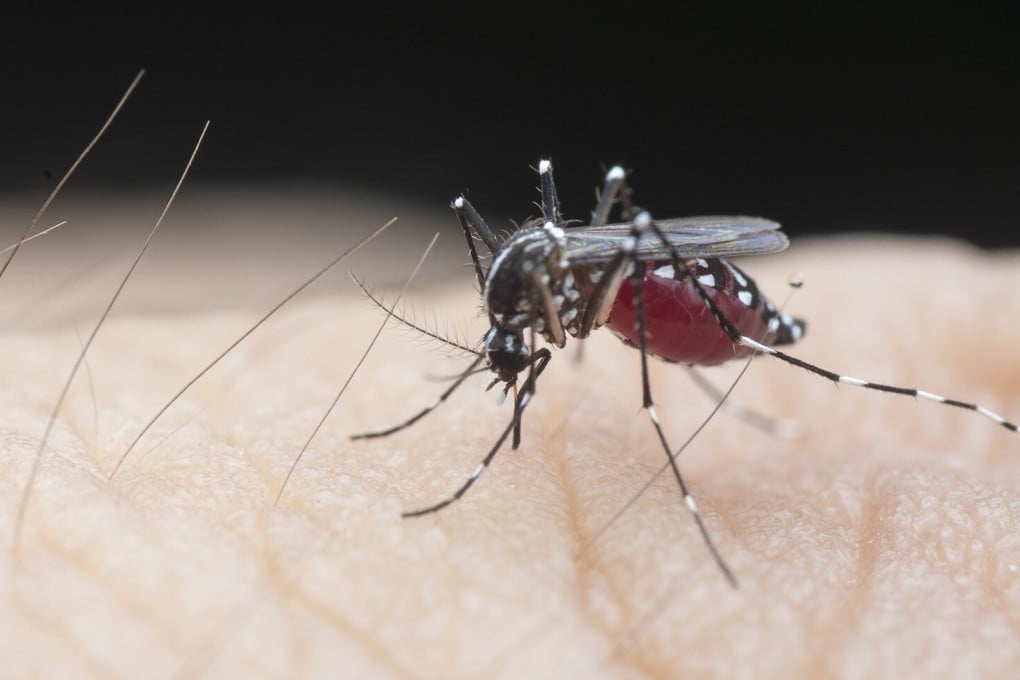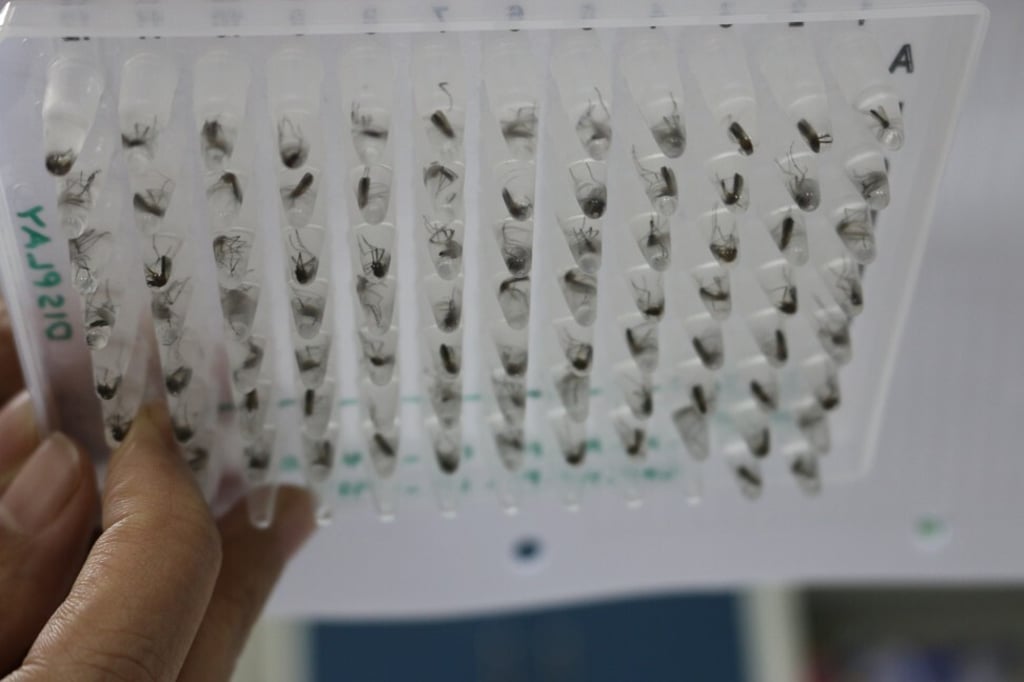The end of dengue fever? Mosquito experiment in Indonesia sees huge reduction in cases
- Recently concluded trial that involved mosquitoes with an inhibited ability to transmit viruses saw dengue cases drop 77 per cent after two years
- World Mosquito Programme says the method has great potential for cities across Asia and Latin America and aims to reach 75 million people in five years

Australian and Indonesian scientists have been conducting trials on a technique they believe has the potential to eradicate the deadly dengue virus in its strongholds in Southeast Asia and other parts of the world.
Cases of disease caused by the virus have been steadily on the rise in recent decades, according to the World Health Organisation (WHO), and 2019 recorded the highest number of cases to date.
The scientists have been injecting the Aedes aegypti mosquito – the main species responsible for transmitting dengue to humans – with a natural bacterium called Wolbachia, which hinders the insect’s ability to transmit viruses including dengue without suppressing mosquito populations and potentially affecting ecosystems.
Researchers from Australia’s Monash University involved in the World Mosquito Programme (WMP) and counterparts at their Indonesian partners, the Tahija Foundation and Gadjah Mada University, have been infecting mosquitoes with Wolbachia for the past three years, and in August released the results of a trial carried out in the Indonesian city of Yogyakarta.

The results showed a significant reduction in the number of confirmed dengue cases in areas of Yogyakarta where the trials were conducted compared to areas that are subject only to routine dengue control measures. Routine methods include monitoring by local government officials to remove waste water – reducing the number of places where mosquitoes can lay their eggs – and fogging and spraying to remove the insects.